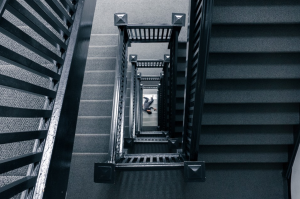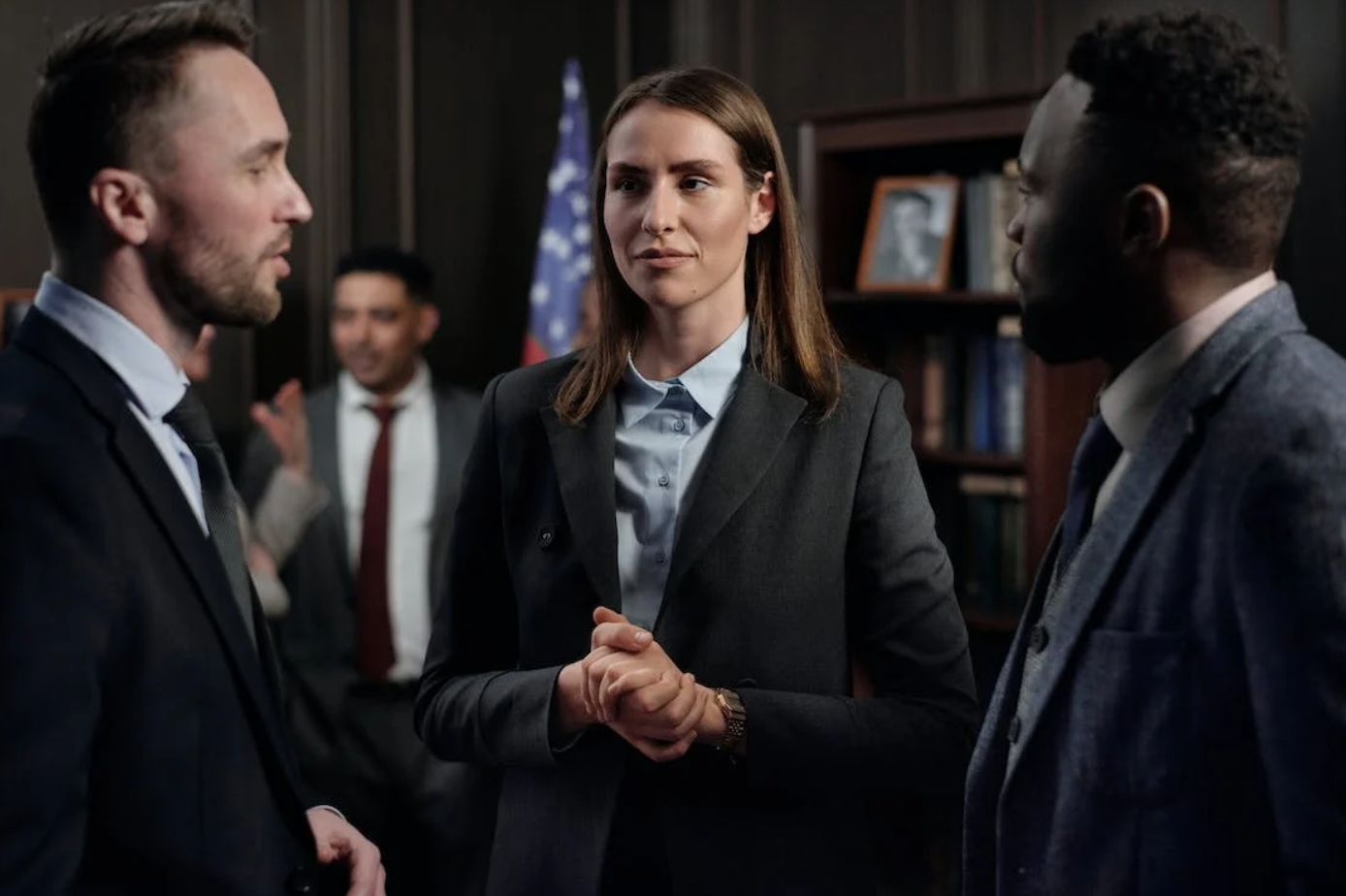The advocacy of slip and fall attorneys plays a vital role in ensuring that justice is served and that those responsible for hazardous conditions are held accountable.
Accidents happen, and slips and falls are among the most common occurrences in daily life. Whether it’s a wet floor in a grocery store or a poorly maintained sidewalk, these incidents can lead to serious injuries and, in some cases, legal consequences. In such situations, the services of a slip-and-fall attorney become crucial. This article explores the essential role of a slip and fall attorney, examining the legal aspects, common causes of slips and falls, and the steps individuals should take when seeking legal recourse.
I. Understanding Slip and Fall Incidents
Defining Slip and Fall Accidents
Slip and fall accidents encompass a broad category of incidents where an individual loses balance and falls due to hazardous conditions. These incidents often occur in public places, such as shopping malls, restaurants, or on public sidewalks, but can also happen on private property. Slip and fall accidents can result from various factors, including wet or slippery surfaces, uneven flooring, inadequate lighting, and poorly maintained premises.
Common Causes of Slip and Fall Accidents
Wet or Slippery Surfaces: One of the primary causes of slip and fall accidents is the presence of wet or slippery surfaces. Spills that are not promptly cleaned, freshly mopped floors without warning signs, or icy sidewalks can pose significant risks.
Uneven Flooring: Irregularities in flooring, such as cracks, uneven tiles, or loose floorboards, can lead to tripping hazards and contribute to slip and fall incidents.
Inadequate Lighting: Poorly lit areas increase the likelihood of accidents. Insufficient lighting can obscure potential hazards, making it difficult for individuals to identify and navigate safely.
Negligent Maintenance: Property owners have a responsibility to maintain their premises. Negligence in performing necessary repairs or addressing known hazards can result in accidents for which they may be held legally accountable.
II. The Legal Landscape of Slip and Fall Cases
Legal Responsibilities of Property Owners
Property owners have a legal duty to ensure the safety of their premises. This duty includes regularly inspecting the property for potential hazards, promptly addressing any issues discovered, and providing adequate warnings for known risks. When property owners fail to fulfill these responsibilities, they may be held liable for injuries sustained on their property.
Establishing Liability in Slip and Fall Cases
Proving Negligence: To establish liability in a slip and fall case, the injured party must demonstrate that the property owner was negligent. This involves proving that the owner knew or should have known about the hazardous condition but failed to take reasonable steps to address it.
Duty of Care: The concept of duty of care is central to slip and fall cases. Property owners owe a duty of care to visitors, and breaching this duty by neglecting maintenance or failing to warn of potential dangers can be grounds for legal action.
Causation: In addition to proving negligence, the injured party must establish a direct link between the property owner’s negligence and the injuries sustained. This requires demonstrating that the hazardous condition directly caused the slip and fall incident.
III. The Role of a Slip and Fall Attorney
When to Seek Legal Representation
While not every slip-and-fall incident necessitates legal action, there are situations where seeking the services of a slip-and-fall attorney is advisable. These include:
Severe Injuries: If the individual sustains severe injuries requiring extensive medical treatment, rehabilitation, or resulting in long-term disability, legal representation may be crucial to securing fair compensation.
Disputed Liability: When there is a dispute over liability – whether the property owner contests responsibility or argues contributory negligence on the part of the injured party – legal guidance becomes essential.
Insurance Challenges: Dealing with insurance companies can be complex. A slip-and-fall attorney can navigate the intricacies of insurance claims, ensuring the injured party is not unfairly denied coverage or compensation.
The Benefits of Hiring a Slip and Fall Attorney

Legal Expertise: Slip and fall attorneys specialize in personal injury law, bringing a depth of knowledge and experience to navigate the complexities of these cases. They understand the relevant statutes, precedents, and legal strategies.
Investigation and Evidence Gathering: A crucial aspect of slip and fall cases is the collection of evidence to support the claim. Attorneys can conduct thorough investigations, obtain surveillance footage, interview witnesses, and gather other evidence crucial to building a strong case.
Negotiation Skills: Slip and fall attorneys are skilled negotiators who can engage with insurance companies or opposing legal counsel to reach a fair settlement. Their expertise ensures that clients are not taken advantage of during the negotiation process.
Litigation Support: In cases where a fair settlement cannot be reached, slip-and-fall attorneys are prepared to take the case to court. They can advocate for their clients in a legal setting, presenting evidence, and arguing the case before a judge and jury.
IV. Taking Action After a Slip and Fall Incident
Steps to Take Following a Slip and Fall Incident
Seek Medical Attention: The well-being of the injured party is the top priority. Seeking prompt medical attention not only ensures proper care but also establishes a record of the injuries sustained.
Document the Scene: If possible, document the scene of the incident. Take photographs of the hazardous condition, any warning signs, and the surrounding area. This visual evidence can be crucial in supporting a legal claim.
Collect Information: Obtain contact information from any witnesses present at the time of the incident. Their statements may be valuable in corroborating the circumstances of the slip and fall.
Report the Incident: Report the incident to the property owner, manager, or relevant authority. Ensure that a written report is filed, and request a copy for your records.
Preserve Evidence: Preserve any evidence related to the incident, such as clothing worn at the time, medical records, and any correspondence with the property owner or insurance companies.
Conclusion
A lawyer for slip and fall accidents is important because these accidents can have serious consequences, both physically and legally. Understanding the common causes of these accidents, the legal responsibilities of property owners, and the role of slip-and-fall attorneys is essential for individuals seeking recourse after such incidents. By taking the right steps following a slip and fall and enlisting the assistance of a skilled attorney, individuals can navigate the legal landscape and work towards securing the compensation they deserve. The advocacy of slip and fall attorneys plays a vital role in ensuring that justice is served and that those responsible for hazardous conditions are held accountable.


Join the conversation!